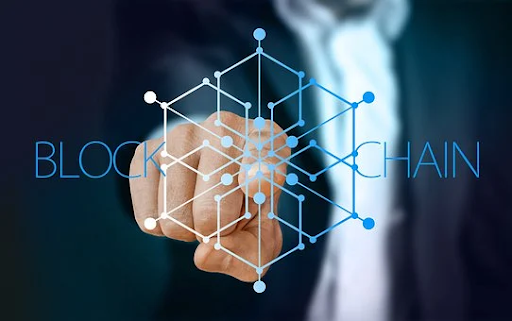Blockchain’s very real impact on real estate
Blockchain is a digital technology that is transforming the fabric of modern life. Blockchain is the technology behind cryptocurrency and has many advantages. Blockchain affects all industries and is becoming a crucial tool for education, business and data security.
Real estate has traditionally been a physical activity for people who prefer material possessions. However, blockchain technology’s reach is so strong that it is slowly affecting real estate. There are many processes involved in real estate other than buying and selling real estate.

The following are ways blockchain impacts real estate:
Titles and deeds
When you buy a piece of property, you get a piece of paper that proves you are the property’s owner. The paper is valuable, but it is still subject to the vulnerabilities of paper, such as burning, getting wet or the print fading. Although you may have a safe, paper titles and deeds are very susceptible to damage.
Government offices are rapidly digitizing land titles and deeds with blockchain technology used to make them more secure. By using blockchain technology, titles and deeds can be stored while eliminating the paper trail. The documents are stored on a secure platform and are easily accessible, which is a significant development in real estate.
Digitization of transactions
Real estate transactions are often long and tedious, but they don’t have to be. Blockchain technology is transforming real estate transactions through automation and smart contracts. A smart contract is an automated transaction protocol that is initiated when various predetermined conditions are met.
Blockchain technology ensures that a real estate transaction is secure, final and immutable. The main benefit of a smart contract in the blockchain and property connection is increased transparency and decentralization, which reduces the need for the contract’s possession or ownership. Due to the benefits of blockchain technology, real estate transactions are becoming more digital and secure.
Fewer intermediaries
Intermediaries such as estate agents, agents, lawyers and financial institutions have been a significant part of the real estate industry for centuries. However, blockchain technology is rapidly reducing the need for intermediaries in real estate transactions.
Third parties often slow down transactions and make them more expensive. By reducing the need for intermediaries in real estate transactions, buyers and sellers will get more for their money as there are no commissions and fees to pay. Fewer intermediaries also mean faster transactions, which most real estate sellers and buyers appreciate.
Tokenization
With the proliferation of blockchain technology, tokenization has become very popular. Tokenization refers to using a recognizable symbol (token) to hide sensitive information while ensuring that it remains accessible. Simply put, it’s an excellent way to hide transaction details.
In the case of real estate, tokenization can ensure that money transfers are handled under specific rules, allowing people to control where the money goes and how it is transferred. Tokenization will also make the exchange of assets in real estate faster and cheaper. Eventually, it will ensure that property investors and property owners have more opportunities to carry out transactions.
Combating fraud
The primary purpose of blockchain technology is decentralization and security. Blockchain technology is the epitome of security in the digital world, although nothing is impenetrable. Blockchain technology improves transparency and eradicates fraud in real estate transactions, a problem that has plagued the industry for a long time.
Fraud is often widespread because stakeholders have few resources to prove authenticity. Moreover, human error can also lead to errors that amplify fraud. However, blockchain technology includes foolproof security protocols as all information on the blockchain is verifiable and traceable, which helps reduce fraud.
Blockchain technology will soon permeate all areas of society. Its advantages mean that blockchain is rapidly sweeping through industries such as real estate. It affects real estate in areas such as fraud prevention, digitization of transactions and titles and deeds, tokenization and reduced intermediaries. You should expect blockchain to have more influence over real estate processes well into the future.


